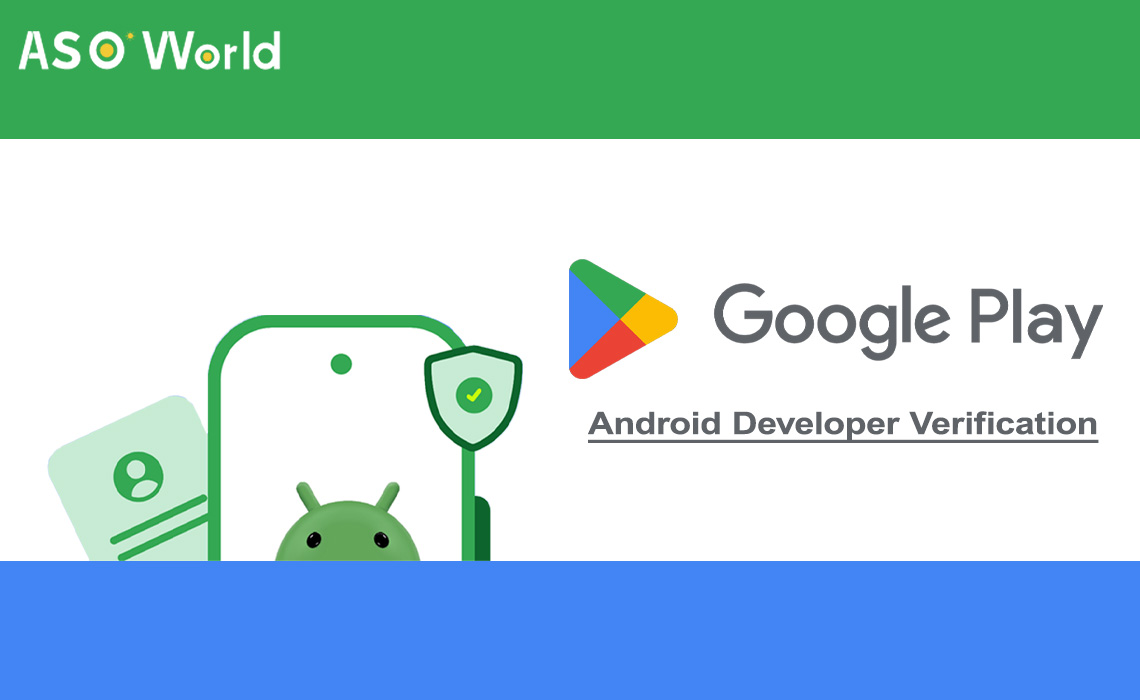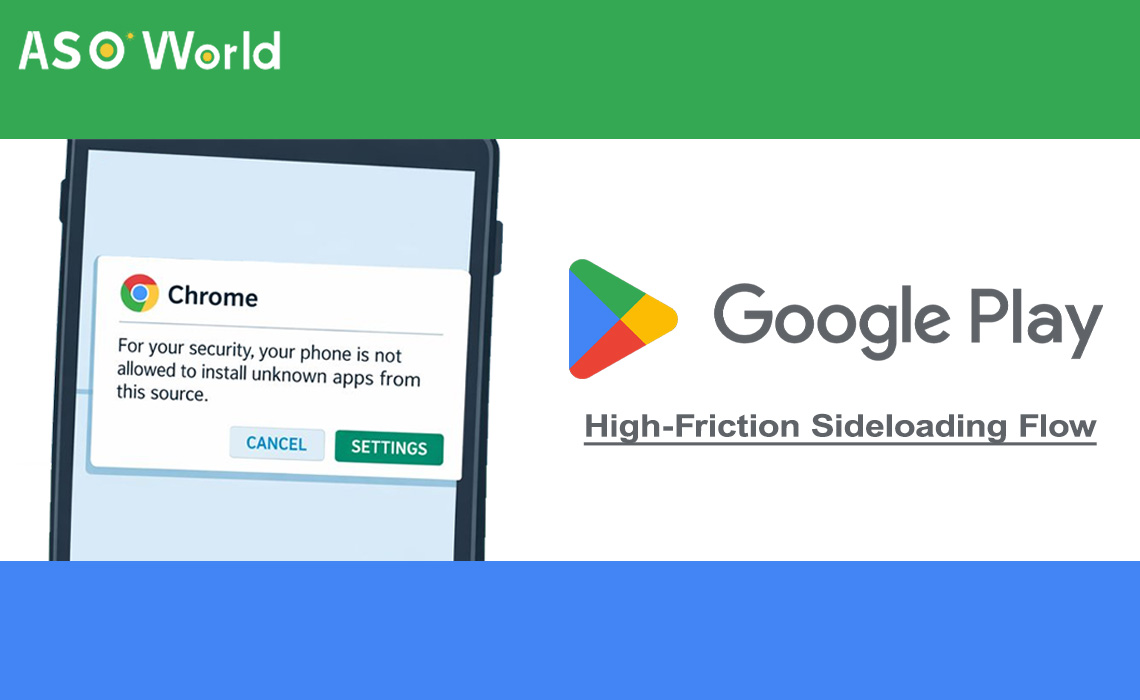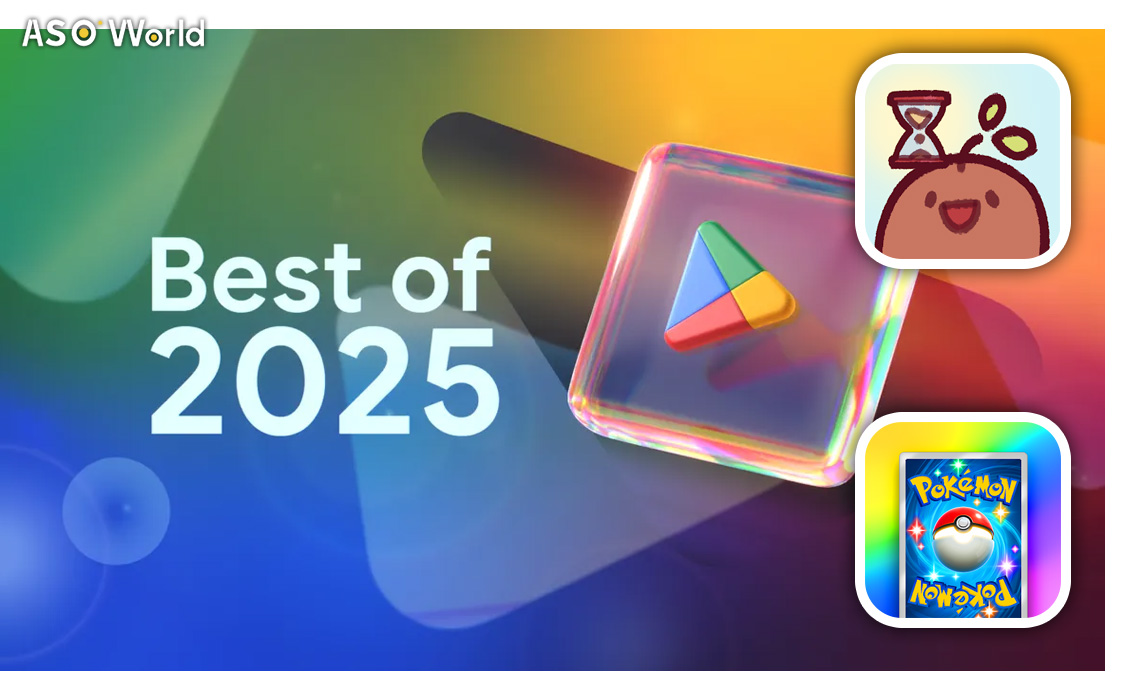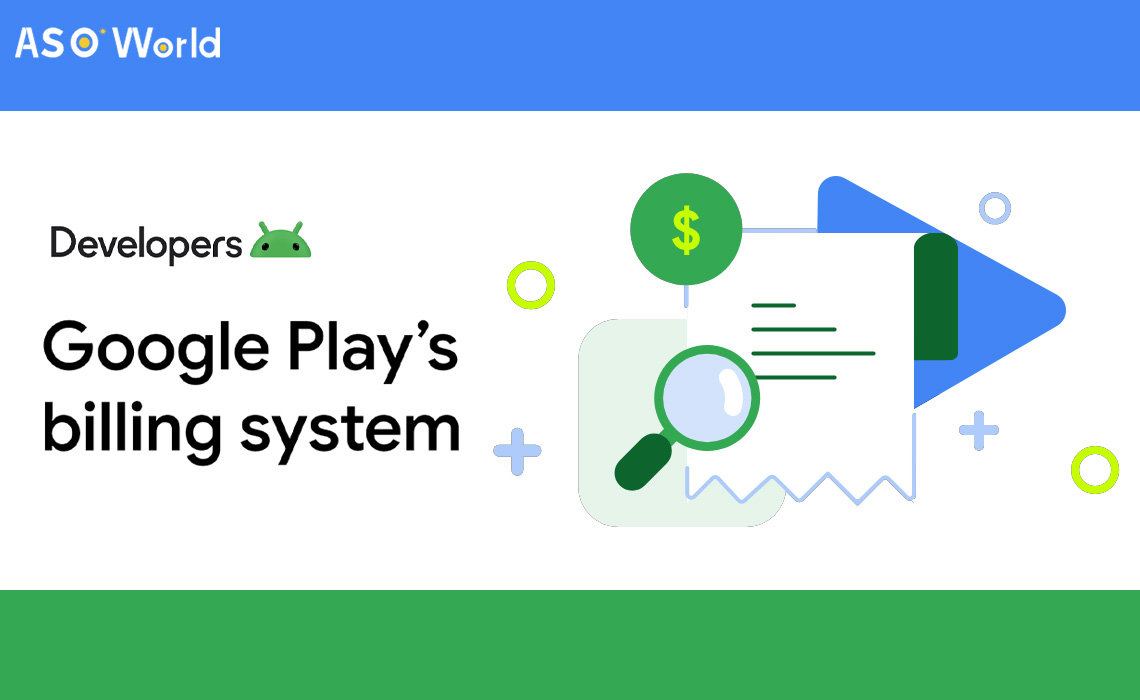Starting September 2026, Google will require all Android app developers to verify their identities to combat malware and fraud, marking a significant shift in the platform's security approach.
This policy, set to roll out globally by 2027, targets sideloaded apps and third-party app stores, aiming to enhance user safety while navigating antitrust pressures.
Why Google Is Implementing This Policy
Android's open ecosystem allows users to sideload apps from sources outside the Google Play Store, fostering innovation but also exposing devices to risks.
Google reports that sideloaded apps are 50 times more likely to contain malware than Play Store apps.
In 2024, Google blocked 2.36 million policy-violating apps and banned 158,000 developer accounts, highlighting the scale of the issue.
Building on Play Store Success
Since 2023, Google has required Play Store developers to verify their identities, significantly reducing malware.
Play Protect identified 13 million malicious apps from non-Play Store sources in 2024, prompting Google to extend verification to all apps, including those sideloaded or distributed via third-party stores.
Antitrust Context
The policy follows Google's 2024 loss in the Epic Games antitrust case, which mandated allowing third-party app stores.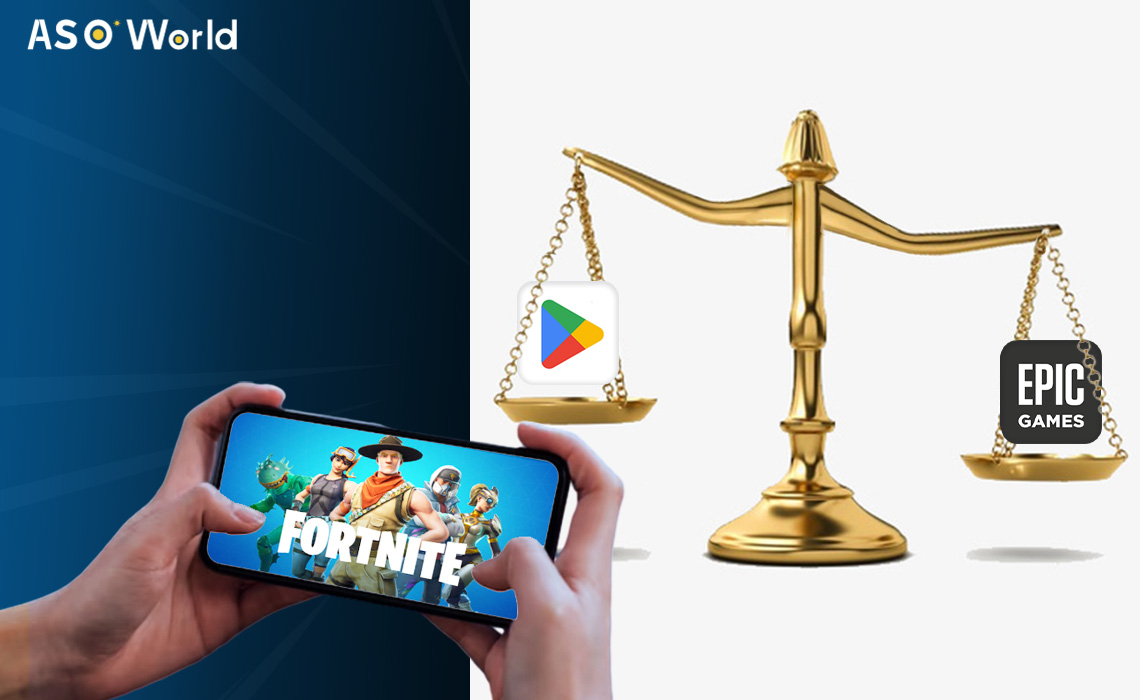
Verification ensures security without fully closing the ecosystem, addressing both user safety and regulatory compliance.
How the Verification Process Works
Developers must submit personal details—legal name, address, phone number, and email—or organizational details like a D-U-N-S number.
Apps must be registered via a new Android Developer Console, launching globally in March 2026. Play Store developers are already compliant.
Timeline and Enforcement
Testing begins in October 2025, with enforcement starting in September 2026 in Brazil, Indonesia, Singapore, and Thailand—countries with high fraud rates.
By 2027, the policy will apply globally to over 3 billion certified Android devices.
Implications for Users and Developers
Users will benefit from reduced malware risks but may face restrictions on sideloading niche apps.
Developers, especially independents, face new administrative hurdles, though Google offers special accounts for students and hobbyists.
👉 How to Protect Your Android App From Deletion in 2025?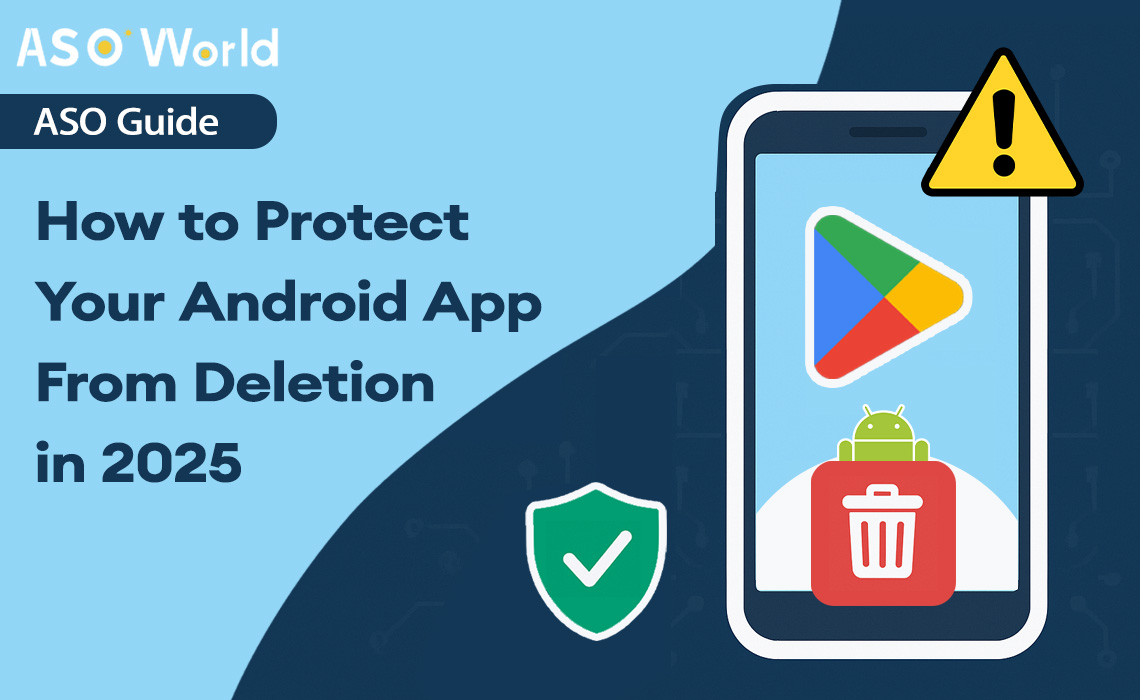
Balancing Openness and Security
The policy aims to preserve Android's open nature while addressing its reputation for being less secure than iOS.
Critics argue it creates a Google-controlled app whitelist, potentially limiting innovation in regions reliant on alternative app sources.
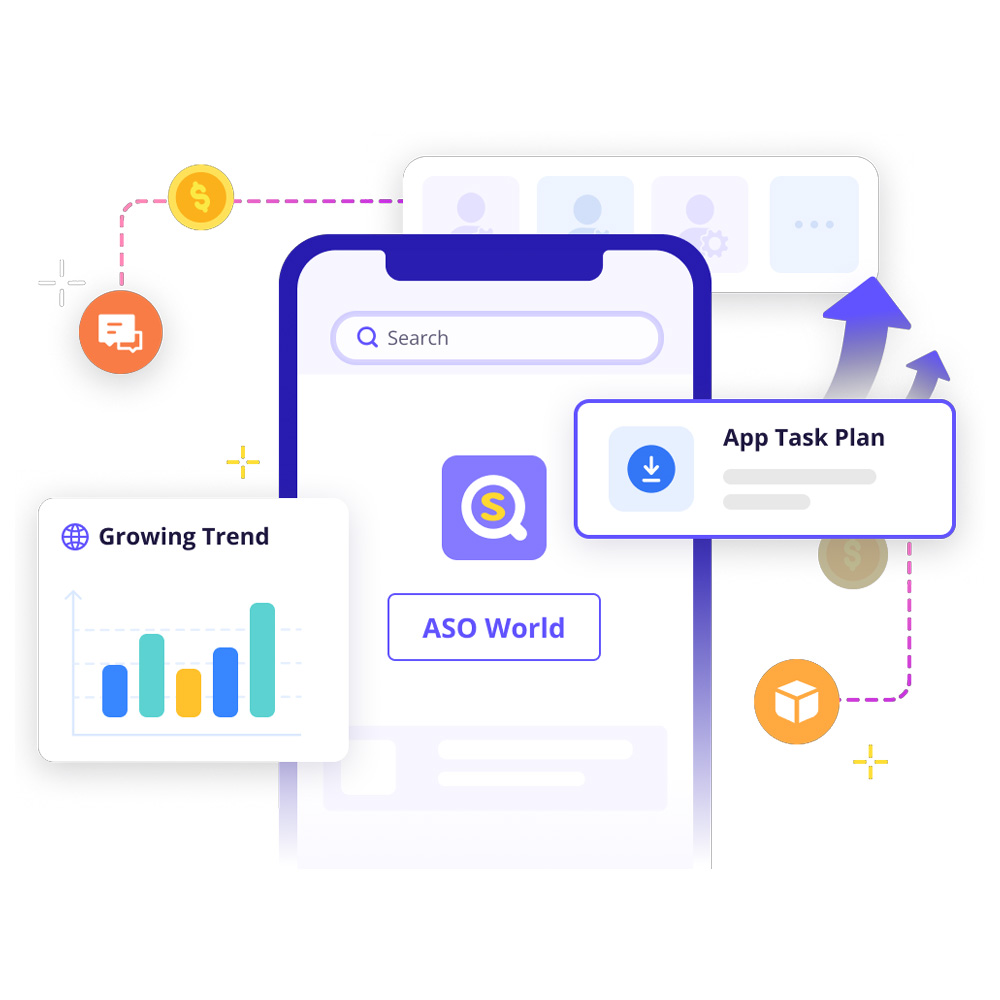
Editor's Comments
Google's 2026 universal identity verification brings both challenges and benefits.
While it strengthens security and reduces malware, it adds administrative hurdles, especially for indie developers and those distributing via sideloading or third-party stores.
For Play Store-compliant developers, the transition is smoother, highlighting Google's effort to balance openness with user safety.
FAQs
What is Google's new Android app verification policy?
Starting September 2026, all Android app developers must verify their identities to install apps on certified devices, aiming to reduce malware and fraud.
Which devices are affected?
The policy applies to certified Android devices with Google services, covering over 3 billion devices globally by 2027.
Will this affect Play Store apps?
No, Play Store developers are already verified, so their apps are unaffected.
Can users still sideload apps?
Yes, but only verified apps can be installed on certified devices, potentially limiting access to unverified APKs.
What happens to unverified apps?
Unverified apps will be blocked from installation, likely via Play Services updates, starting in 2026.
How will this impact indie developers?
Indie developers face new verification requirements, but Google offers special accounts for hobbyists and students to ease the process.
Why start in Brazil, Indonesia, Singapore, and Thailand?
These countries were chosen due to high rates of fraudulent app activity, making them ideal for initial enforcement.
Is this a response to antitrust rulings?
Partly. The policy complies with mandates to allow third-party app stores while enhancing security to maintain ecosystem control.
Can users bypass the restrictions?
Advanced users may use developer mode or custom ROMs, but these carry risks like security vulnerabilities or voided warranties.
How does this compare to Apple's iOS?
Unlike iOS's closed system, Google verifies developer identity, not app content, preserving more openness but adding oversight.
